Related Research Articles
Charles Gordon MacArthur was an American playwright, screenwriter, and 1935 winner of the Academy Award for Best Story.

Arthur Veary Treacher was an English film and stage actor active from the 1920s to the 1960s, and known for playing English types, especially butler and manservant roles, such as the P.G. Wodehouse valet character Jeeves and the kind butlers opposite Shirley Temple in Curly Top (1935) and Heidi (1937). In the 1960s, he became well known on American television as an announcer/sidekick to talk show host Merv Griffin, and as the support character Constable Jones in Disney's Mary Poppins (1964). He lent his name to the Arthur Treacher's Fish and Chips chain of restaurants.
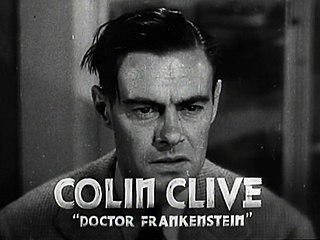
Colin Glenn Clive was a British stage and screen actor. His most memorable role was Henry Frankenstein, the creator of the monster, in the 1931 film Frankenstein and its 1935 sequel, Bride of Frankenstein.

Una O'Connor was an Irish-born American actress who worked extensively in theatre before becoming a character actress in film and in television. She often portrayed comical wives, housekeepers and servants. In 2020, she was listed at number 19 on The Irish Times list of Ireland's greatest film actors.

Walter Leland Catlett was an American actor and comedian. He made a career of playing excitable, meddlesome, temperamental, and officious blowhards.
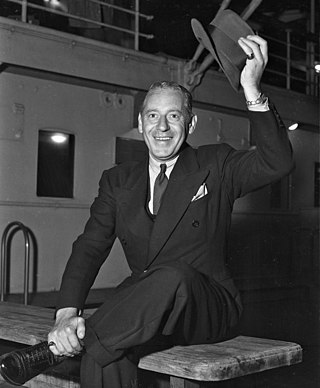
Henry O'Neill was an American actor known for playing gray-haired fathers, lawyers, and similarly dignified roles on film during the 1930s and 1940s.

Anthony Martin Kimmins, OBE was an English director, playwright, screenwriter, producer and actor.

Frank Reicher was a German-born American actor, director and producer. He is best known for playing Captain Englehorn in the 1933 film King Kong.

Basil Sydney was an English stage and screen actor.
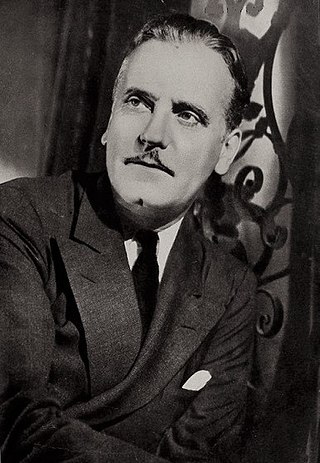
Raphael Kuhner Wuppermann, known professionally as Ralph Morgan, was a Hollywood stage and film character actor, and union activist. He was a brother of actor Frank Morgan as well as the father of actress Claudia Morgan.

Hobart Cavanaugh was an American character actor in films and on stage.

Frank Parish Conroy was a British film and stage actor who appeared in many films, notably Grand Hotel (1932), The Little Minister (1934) and The Ox-Bow Incident (1943).
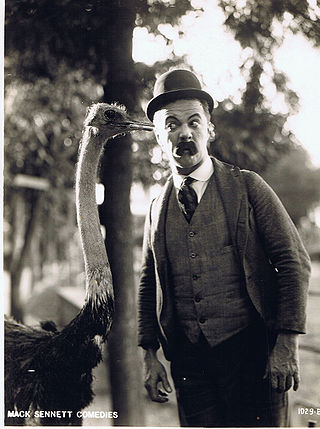
Billy Bevan was an Australian-born vaudevillian, who became an American film actor. He appeared in more than 250 American films from 1916 to 1952.
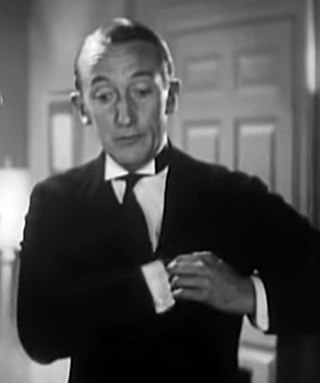
Claud Allister was an English actor with an extensive film career in both Britain and Hollywood, where he appeared in more than 70 films between 1929 and 1955.

Robert McWade, was an American stage and film actor.
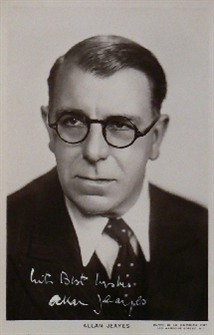
Allan John Jeayes was an English stage and film actor.

John Garrick was a British stage and screen actor.
Horace Hodges was a British stage and film actor and writer.
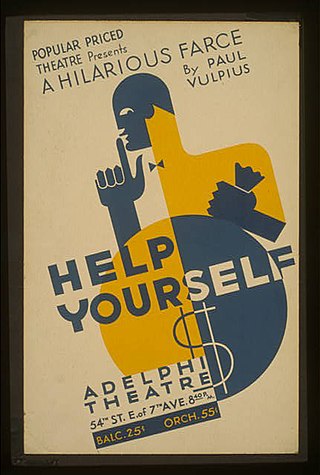
Youth at the Helm is a Hungarian-language play by Paul Vulpius, the joint pen name of Ladislas Fodor and László Lakatos, which premiered in Budapest in 1933. The play was also staged in Vienna, Austria in 1933 under the title Hau-ruck using a German language translation of Fodor and Lakatos's play by Hans Adler who also adopted the pen name Paul Vulpius. Adler's German language translation was the source material for two different English language translations of the play: Youth At the Helm by Hubert Griffith (1896–1953), used frequently in the United Kingdom during the 1930s, and Help Yourself by John J. Coman for the work's Broadway production in 1936. The play has also been staged using the titles Jugend voran (Germany) and L'affare Kubinsky (Italy). The play served as the basis for the 1936 film Jack of All Trades starring Jack Hulbert.
The Sherman Fisher Girls were a British dance troupe active in the 1930s, 1940s and 1950s. Active in variety shows on the Music Hall circuit, they also featured at the Royal Variety Show. In 1938 and 1939 they were part of the hit revue These Foolish Things at the London Palladium. They also appeared in a number of British films during the era.
References
- ↑ Wearing p.487